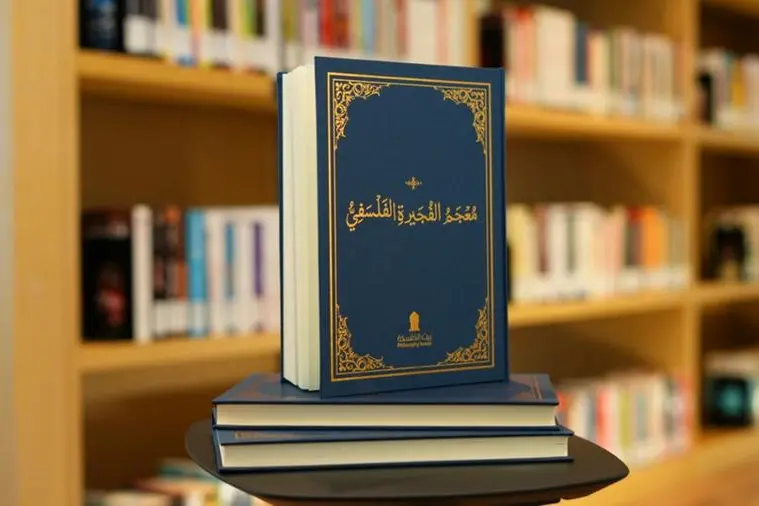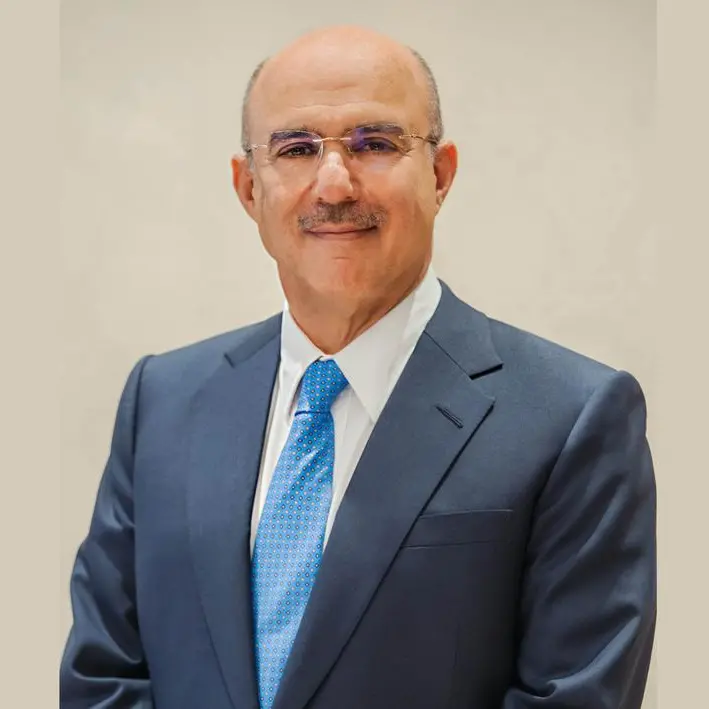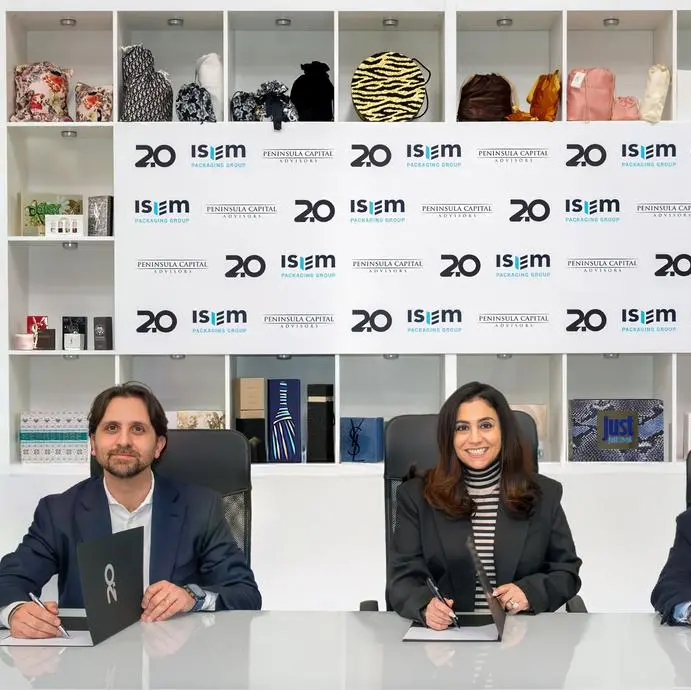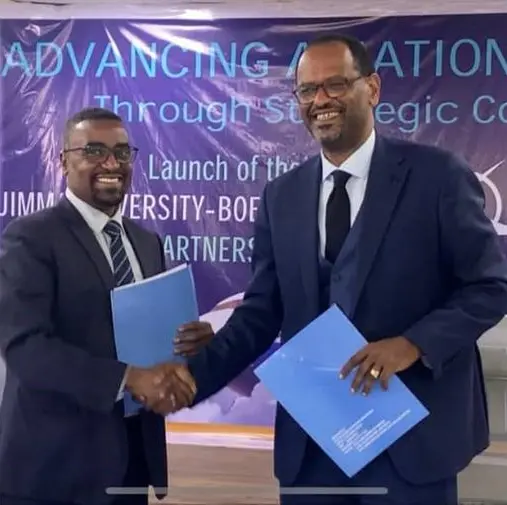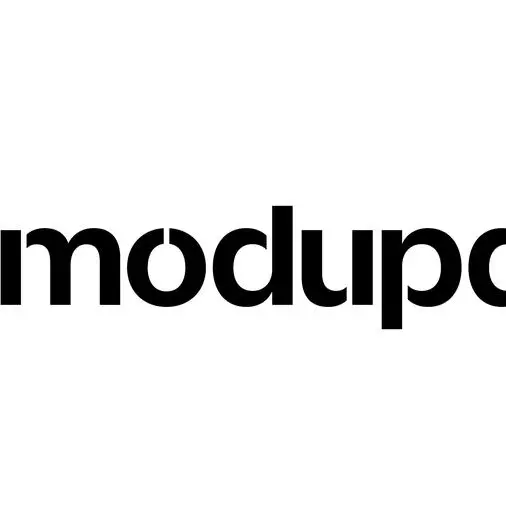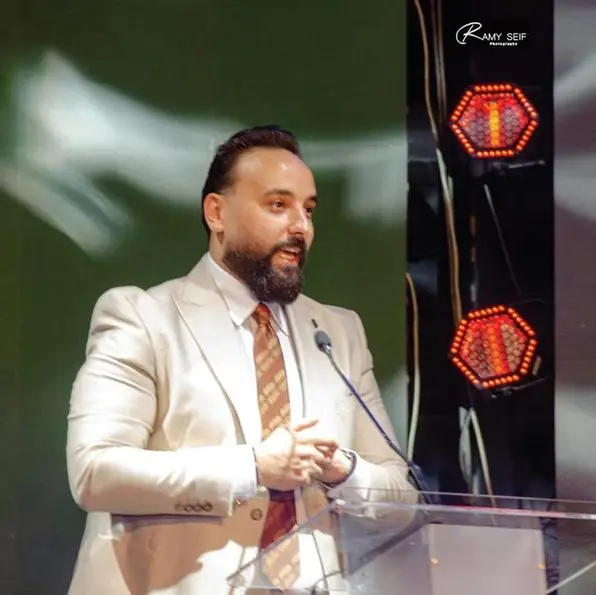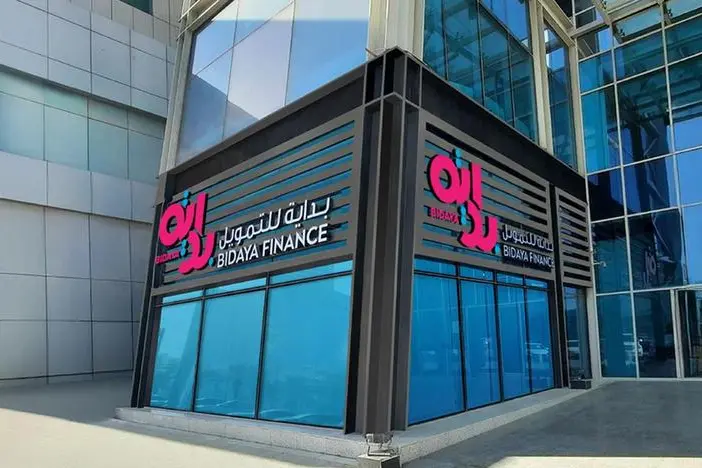PHOTO
Fujairah, UAE – The Philosophy House recently hosted the launching ceremony of Fujairah Philosophy Dictionary in the presence of an elite group of philosophers and intellectuals from the United Arab Emirates and the Arab world.
The ceremony commenced with a speech delivered by Ahmed Al Samahi, Manager of the Philosophy House and the administrative supervisor of the dictionary, who emphasized that the projects undertaken by the Philosophy House are characterized by their groundbreaking and transformative nature, and most importantly, they embody a commitment to preserving our creative Arab identity that is open to all while retaining its unique characteristics and ingenuity. Al Samahi added: “This exceptional project is not a product of a fleeting moment or mere enthusiasm; rather, it is a long-term endeavor that will unfold in five parts, followed by revisions and enhancements. Linking this Philosophy Dictionary to Fujairah is an expression of our deep-rooted sense of belonging, our unwavering pride in our identity, and our pioneering role in shaping civilization and innovating philosophical discourse.”
Subsequently, Dr. Basel Al-Zein, the editor of the dictionary and a member of its scientific committee, clarified the fundamental principles that guided the Dictionary's compilation, emphasizing the following key principles: the terminological unification and standardization crisis, the reliance on the concept of formulating a new terminological identity that finds common ground and consensus, the necessity to liberate oneself from Eurocentricity which necessitates the crafting of this Dictionary's entries in a sound and linguistically rigorous Arabic style, imbuing them with the authentic spirit of the Arabic language and transforming it into an embodiment of Arabic knowledge in its own right, rather than a mere tool for translating foreign ideas into a feeble, disjointed language that mimics the structural patterns of non-Arabic tongues, in addition to considering its unique character.
Dr. Ahmed Barqawi, Dean of the Philosophy House, highlighted the unique significance of the Fujairah Philosophy Dictionary, as this groundbreaking work stands as the first Arabic dictionary to encompass an extensive and elite collection of prominent philosophers and scholars of philosophy from across the Arab world. Its distinction lies not only in its compiled Arab mindset, free from ideological burdens and preconceived notions, but also in its appreciation for the rich Arab philosophical heritage that has profoundly shaped human thought, influencing intellectual, political, economic, and social spheres and embodying the spirit of relentless inquiry, intellectual freedom, and intellectual tolerance. Beyond the uniqueness of its classification, this dictionary not only encompasses the most prominent philosophical concepts but also delves into the most significant schools of philosophy. It also presents the seminal books that have shaped the history of philosophical thought, addresses the most pressing philosophical issues facing the Arab world today, and delves comprehensively into the lives and contributions of the most prominent figures who have illuminated the landscape of philosophical thought, from the dawn of Greek philosophy to the present day.”
Dr. Barqawi added: “The Fujairah Philosophy Dictionary is the culmination of immense efforts, years of collaborative work, meticulous research, and in-depth study. It represents a valuable addition that will enrich the Arabic library, and it is a continuation of the Arabs' lexicographical endeavors that produced the Jurjani Dictionary and the Dictionary of Faculties by Abu Al-Baqa’ Al-Kafawi.”
From his side, Dr. Zwawi Beghoura, a member of the scientific committee, elaborated on the mechanism adopted for selecting researchers and evaluating their submissions. He emphasized the importance of a thorough understanding of the assigned topic to the researcher, the novel contributions expected from each participant, and demonstrating a comprehensive and meticulous understanding through specialized, interpretive reading, critical examination of philosophical issues, historical tracing of concept formation and evolution, identification of intra-school philosophical divergences, and articulation of the contributions made by the referenced philosophical texts.
Dr. Muhammad Mahjoub, a member of the scientific committee, focused on the Arab reception of Western philosophy, concepts, and problems as presented in the dictionary. He emphasized the importance of including in the dictionary the views of Arab philosophers who adopted Western research methodologies or philosophical schools of thought, and how they diverged from and contributed to them. This is all in preparation for an authentic Arab philosophy that is a product of our societies and philosophers, and that reflects our identity and problems.
-Ends-
Media Contact:
Mohamad El Fil
BEYOND Marketing & Communications
mohamad@beyondgcc.com
